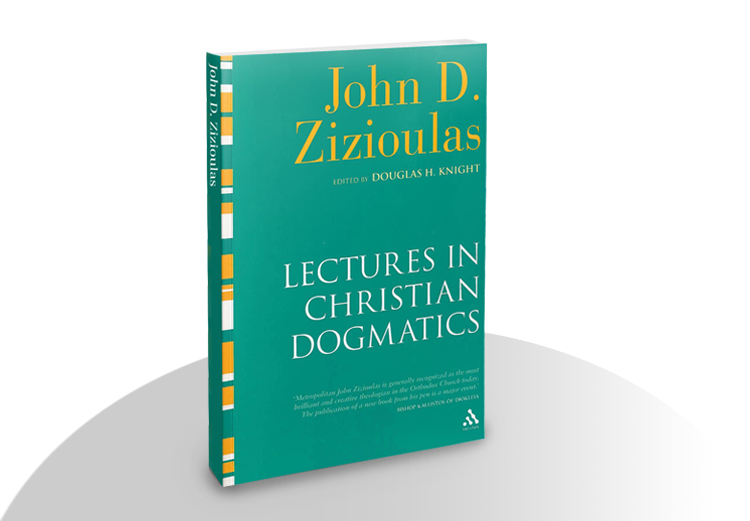Eds. Douglas H. Knight and Katerina Nikolopulu
London: T&T Clark, 2009
In this landmark publication, one of the most eminent Christian theologians of our time gives his account of the fundamental teachings of Christian theology. Zizioulas presents Christian doctrine as a comprehensive account of the freedom that results from our relationship with God. The true genius of this book is that it lays our complex ideas with utmost simplicity whilst illustrating the grandeur of Christian teaching and providing a profound exploration of human freedom.
Chapters were compiled across three decades by the author’s students in Edinburgh, Glasgow, London, and Thessaloniki. Therefore, references are far fewer in number than in prior books, but scholarship and precision in language are no less exact. In effect, the method of inquiry is a three-decade-long conversation with students to whom the author dedicates the book. Mainstays of Metropolitan John’s "dogmatic hermeneutics" are collected in this book. These include the nature of dogma, the doctrine of God and personhood, creation and salvation, and the Church. His approach identifies a relational method by which dogmatics might be interpreted by every age of history, including our own.
From the Foreword by Metropolitan John
"The present volume contains material from my lectures on Christian Dogmatics which were given to students of theology in the Universities of Edinburgh (1970-1973), Glasgow (1973-1987), London (King's College 1984, 1989-1998) and, finally, Thessalonica (1984-1998). These lectures were tape-recorded by my students in Thessalonica and widely circulated. From this text a group of young scholars in Greece took the initiative to produce an English translation, which Douglas Knight has edited to produce the present volume. I am grateful to Katerina Nikolopoulou, Anna Nevrozidou, Thomas Dritsas and their colleagues at the Outlet for Dogmatic Enquires (OODE) who produced the first text, and also to Liviu Barbu in London. As to Douglas Knight, I find no words to express my appreciation for the hard labour and, above all, the enthusiasm with which he has edited these lectures. The Introduction he has provided for the book will certainly be of help to the reader."


